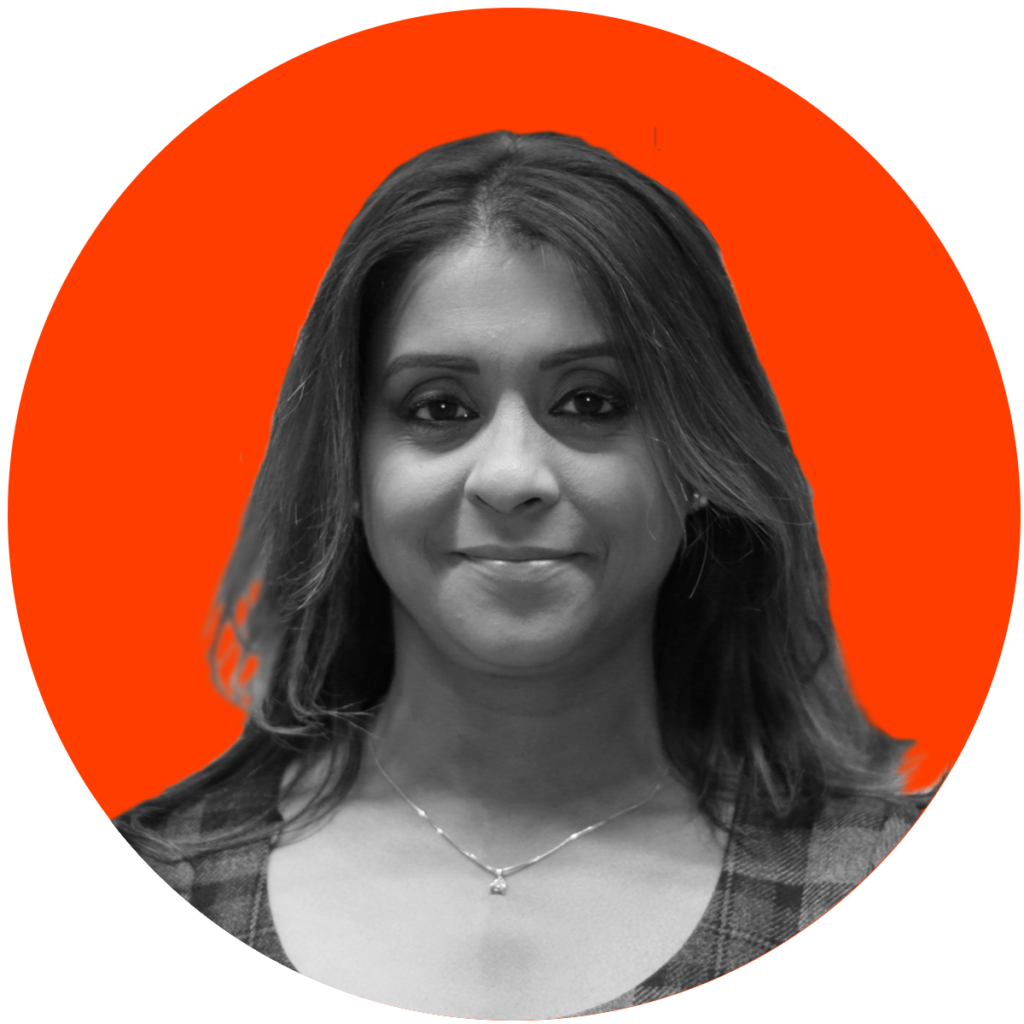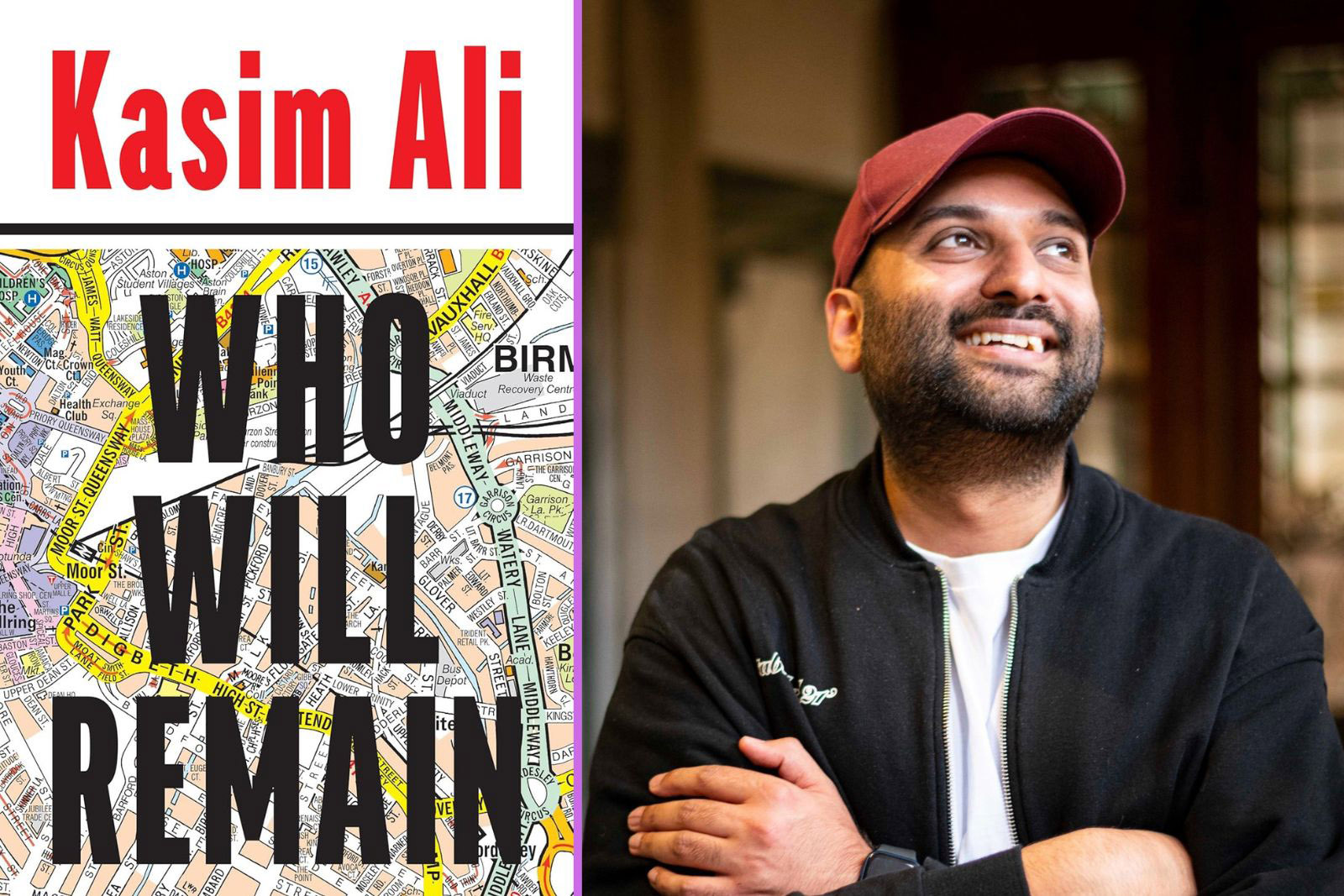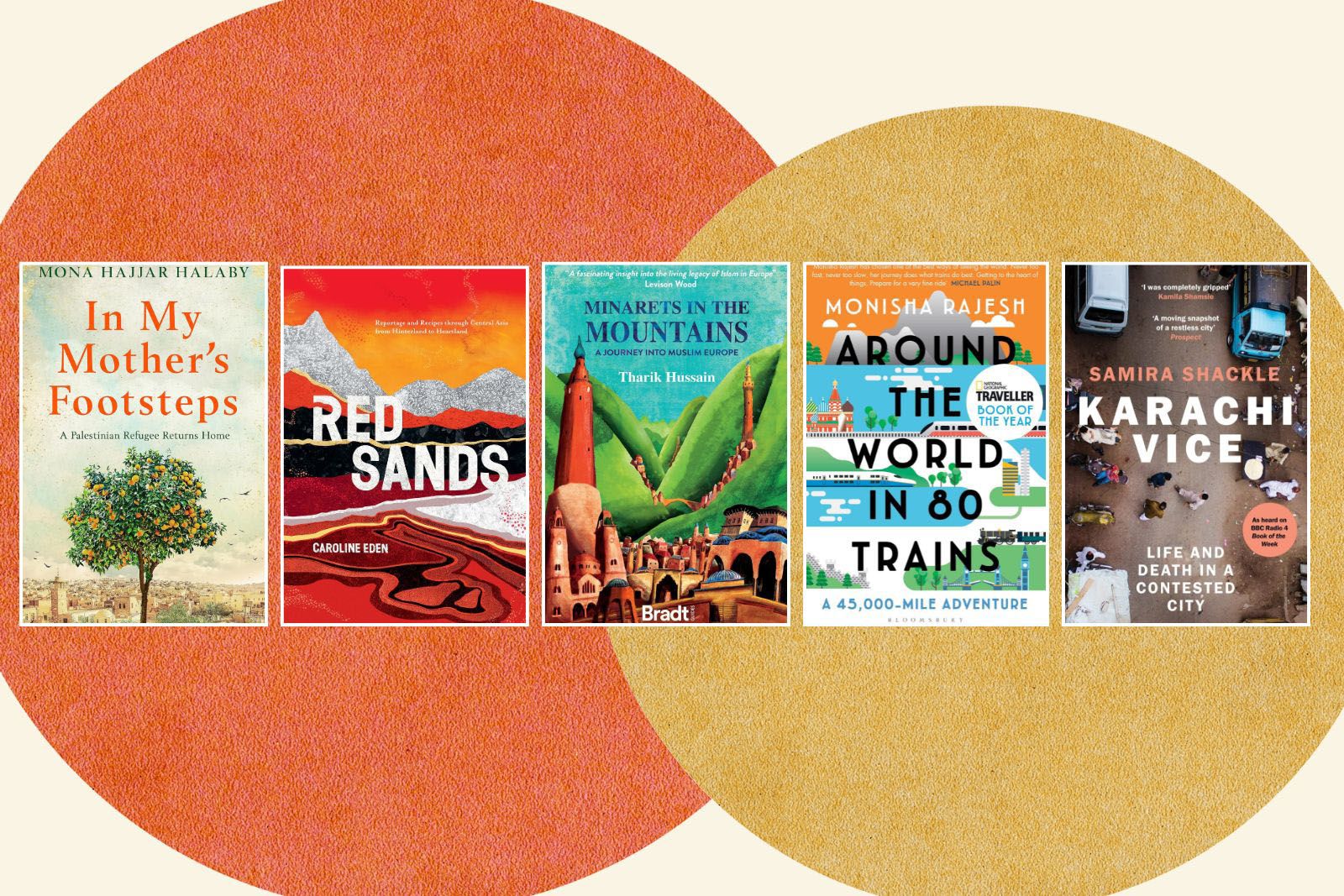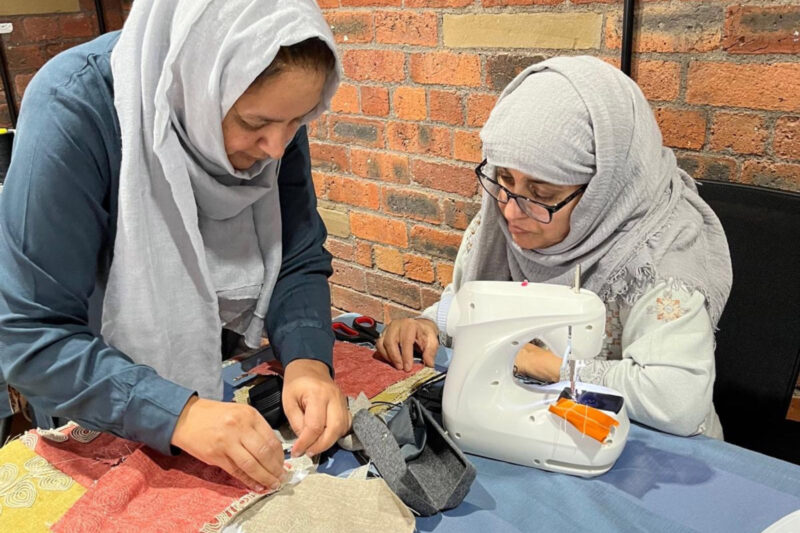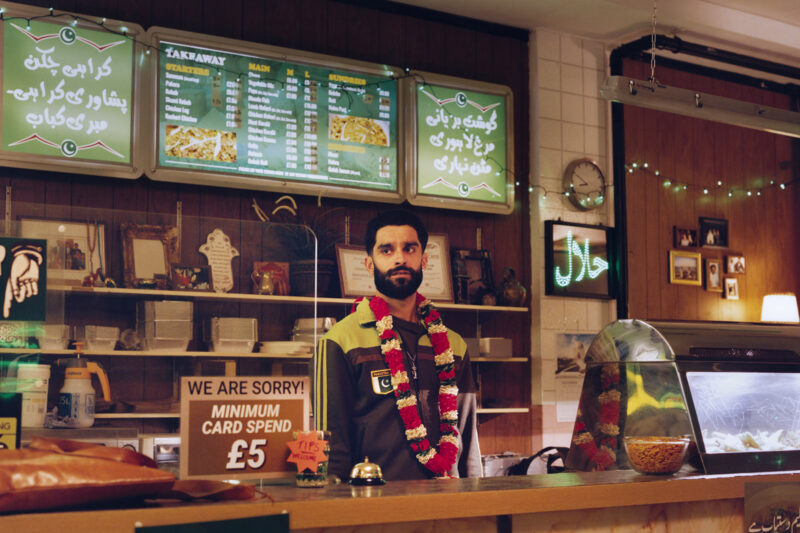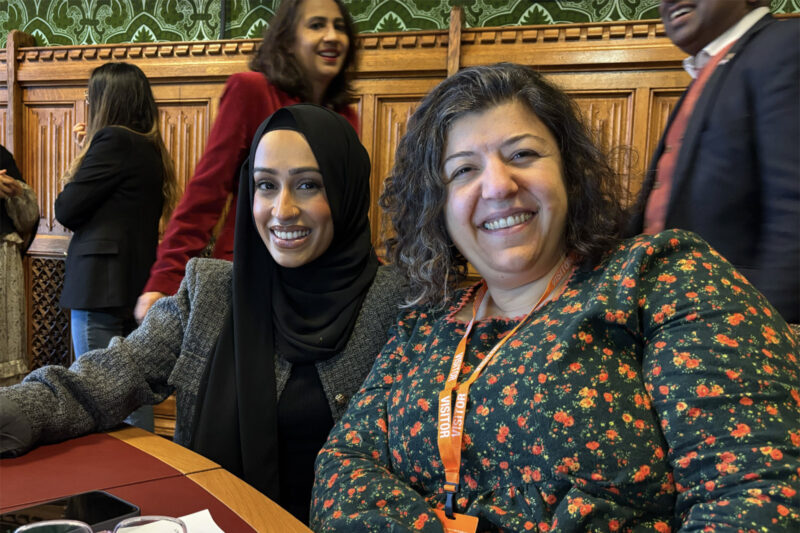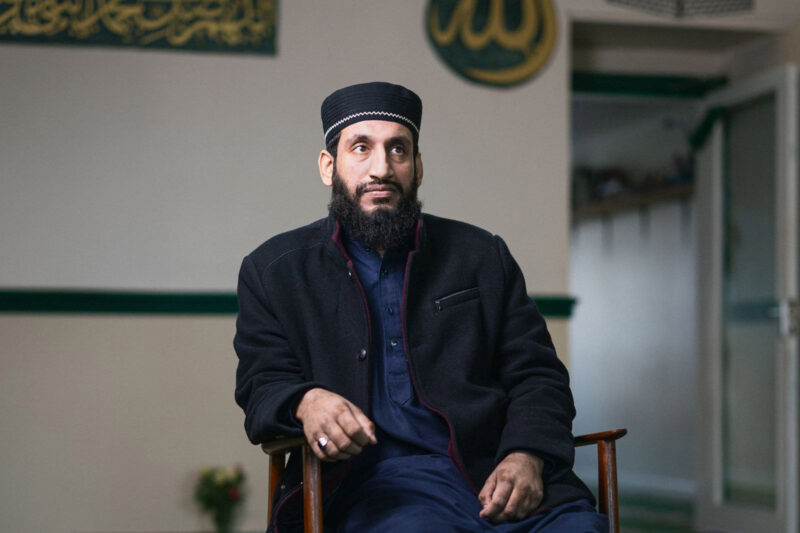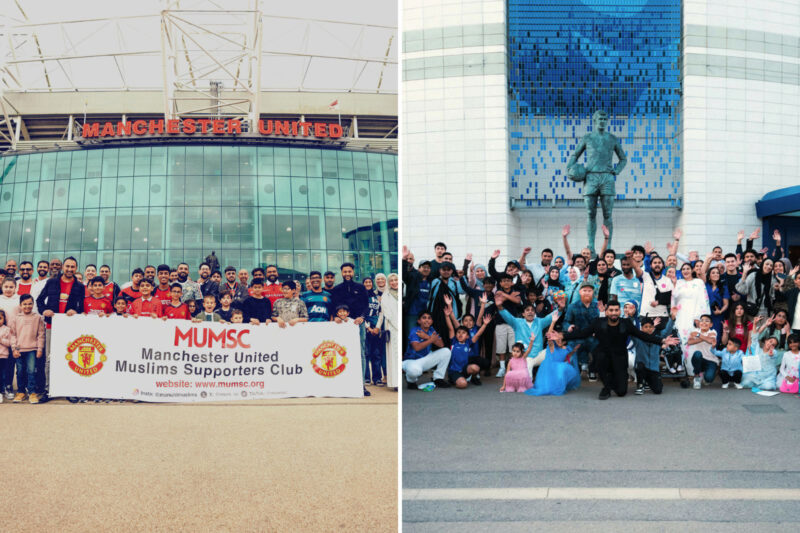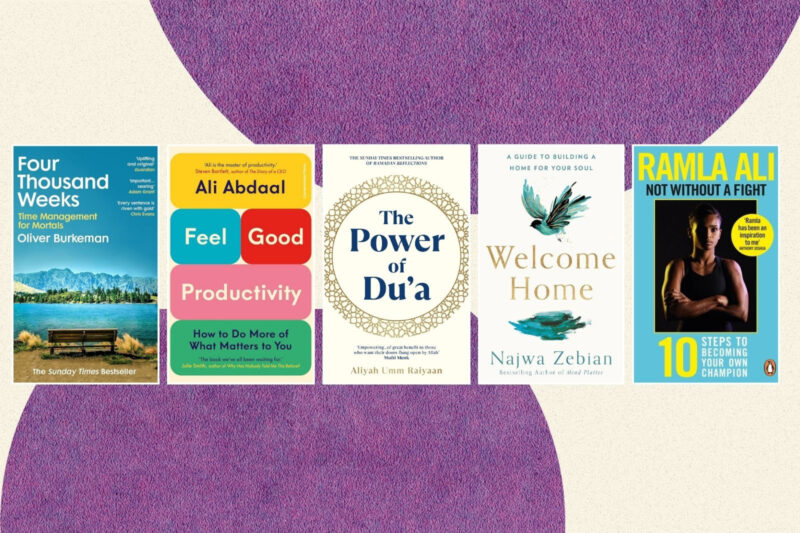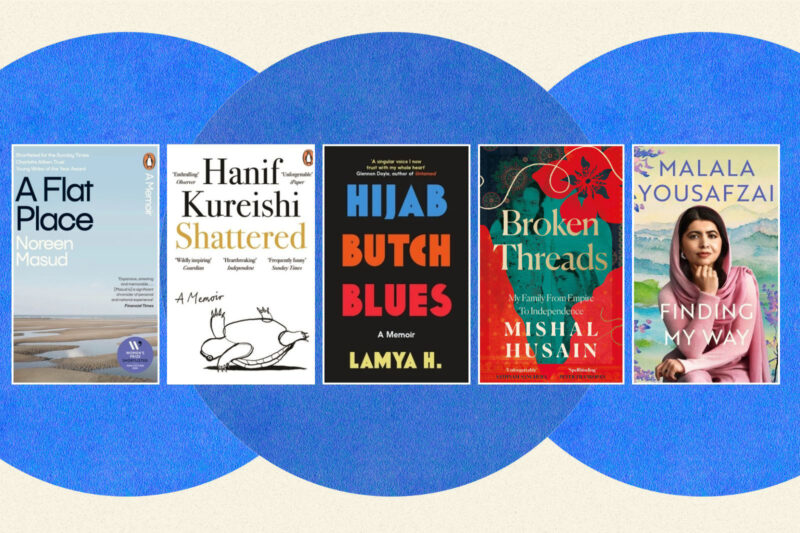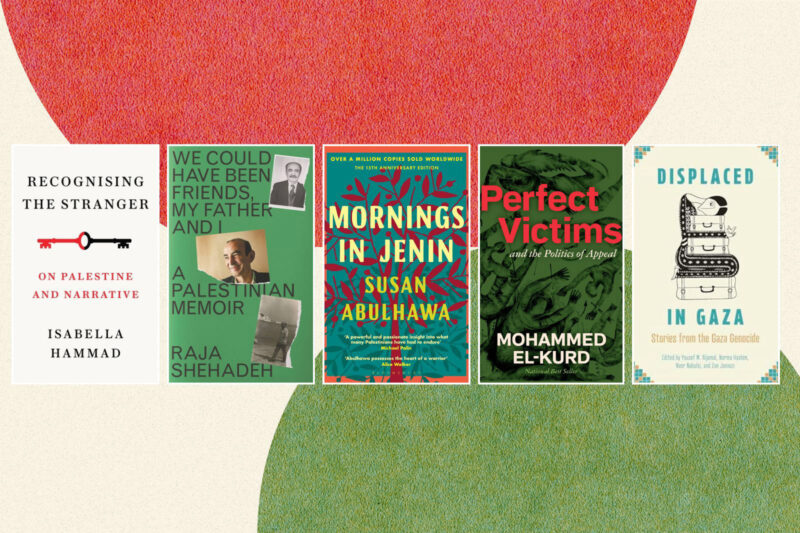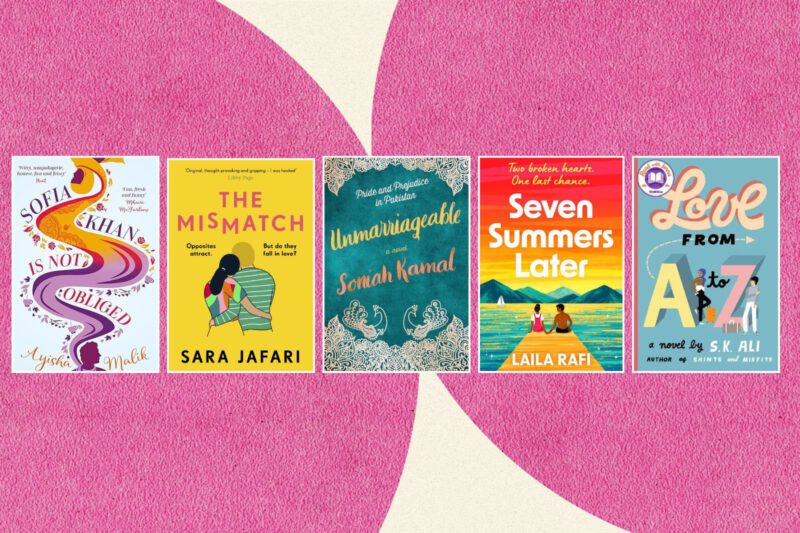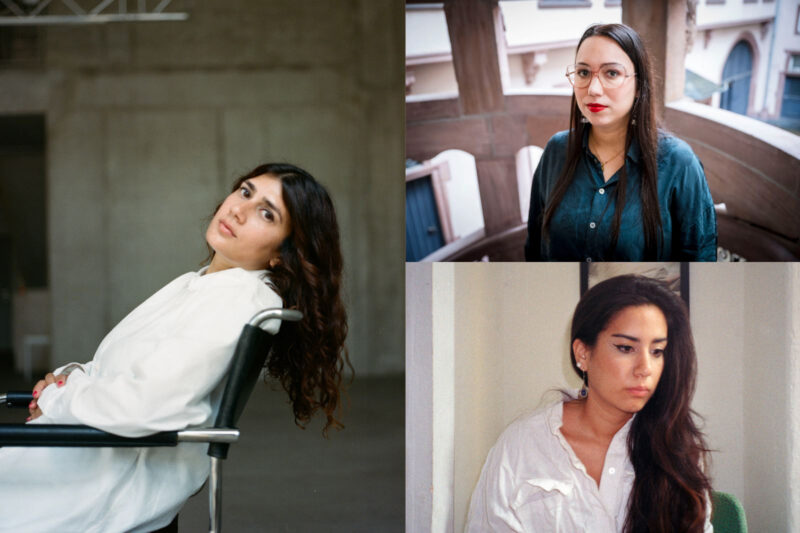Kia Abdullah: ‘Crime fiction can tackle all of society’s big issues’
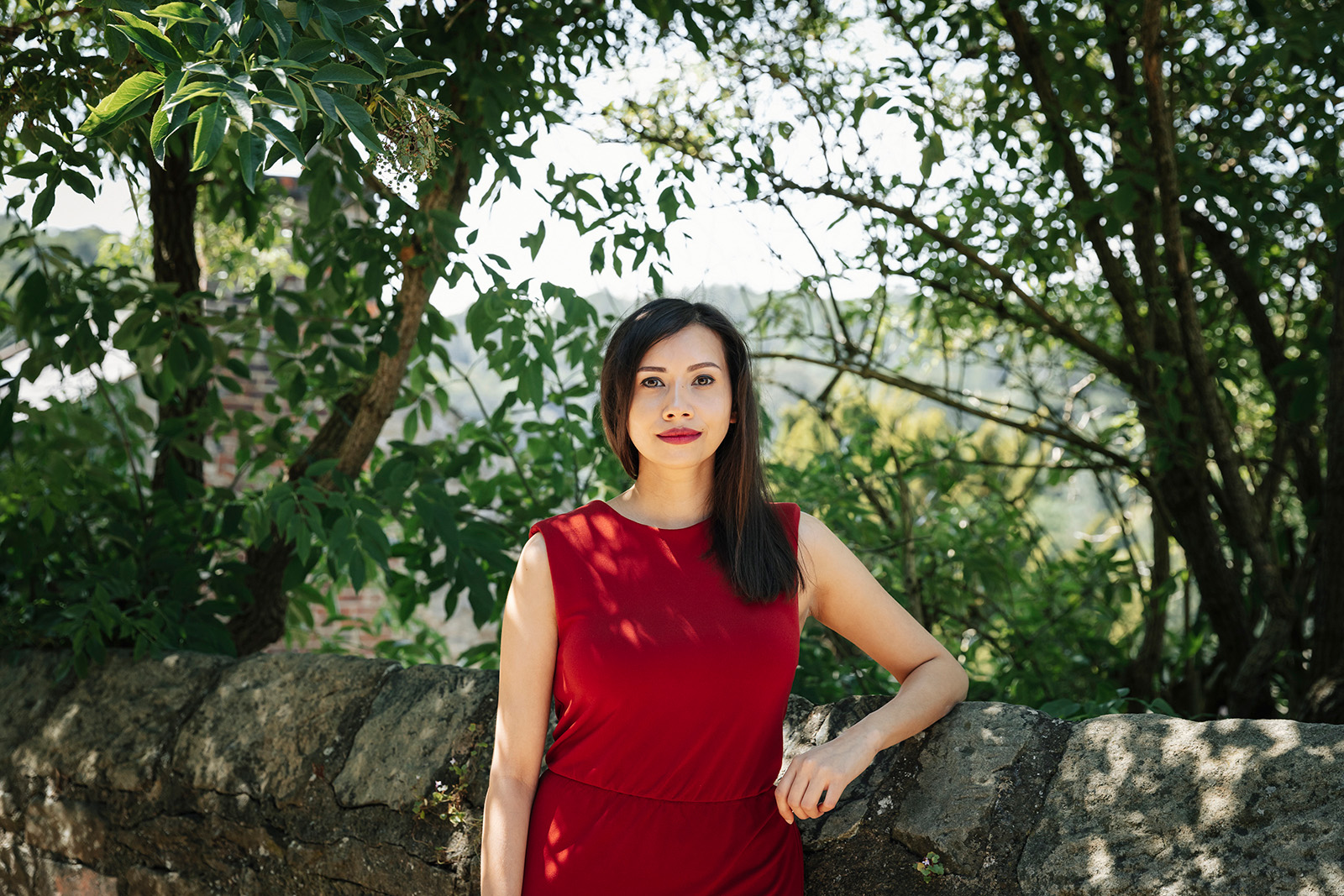
The bestselling author talks about faith, race, class and her gripping new novel
Bestselling crime writer Kia Abdullah recalls that, many years ago, someone described her as a part-time Muslim. The accusation left an indelible impression that has shaped her writing over the years.
“I think, often the narrative is that, especially when it comes to religion, you’re either all in or all out,” Abdullah says. “But the nuances in Muslim identity surprise and delight me.”
Through her novels, Abdullah aims to highlight these subtleties within the community, using what she describes as a “soft-touch” approach to representation.
We see this in her latest book, What Happens in the Dark, where the cultural and religious identity of its central character, Safa Saleem — who, like Abdullah, is of Bangladeshi heritage — manifests itself less in her personal choices and more in her concern for the challenges her community faces.
Safa, a former broadsheet journalist who has fallen from grace, works at a local east London newspaper. When the husband of her childhood best friend, Lily Astor — now a well-known TV presenter — is murdered, Safa begins an investigation that uncovers shocking truths. Her quest for justice is fueled not only by Lily’s history of domestic abuse, but also by the systemic filtering of women based on race and class, an issue Abdullah is deeply invested in.
“It was important to me to have Safa embedded in the society that she’s writing about and to tackle some of those inequalities. But I do think the shackles of shame are really strong regardless of whether you’re from an advantaged background or a disadvantaged one,” says Abdullah. “I was keen to explore how that silences women.”
Abdullah’s work tackles a myriad of contemporary themes, including race, class and religion. Within this framework, What Happens in the Dark — her fifth crime novel — explores issues including society’s attitude to child-free women, unresolved childhood trauma and the intricacies of interracial friendships.
“With my first book, Take it Back, I remember a reviewer saying that I was tackling too much: race, class, religion,” she says. “I thought, ‘Well, that’s my life. If I’m tackling too much, then I’ve had to deal with too much.’”
The main characters in all her books, though of Bangladeshi Muslim heritage, are steadfastly secular — a reflection, she says, of her own life choices.
“I like to have diverse people in my novels but definitely not play into stereotypes,” says Abdullah. “They are just people, rather than Bangladeshi people. It’s just one aspect of their identity and their personality.”
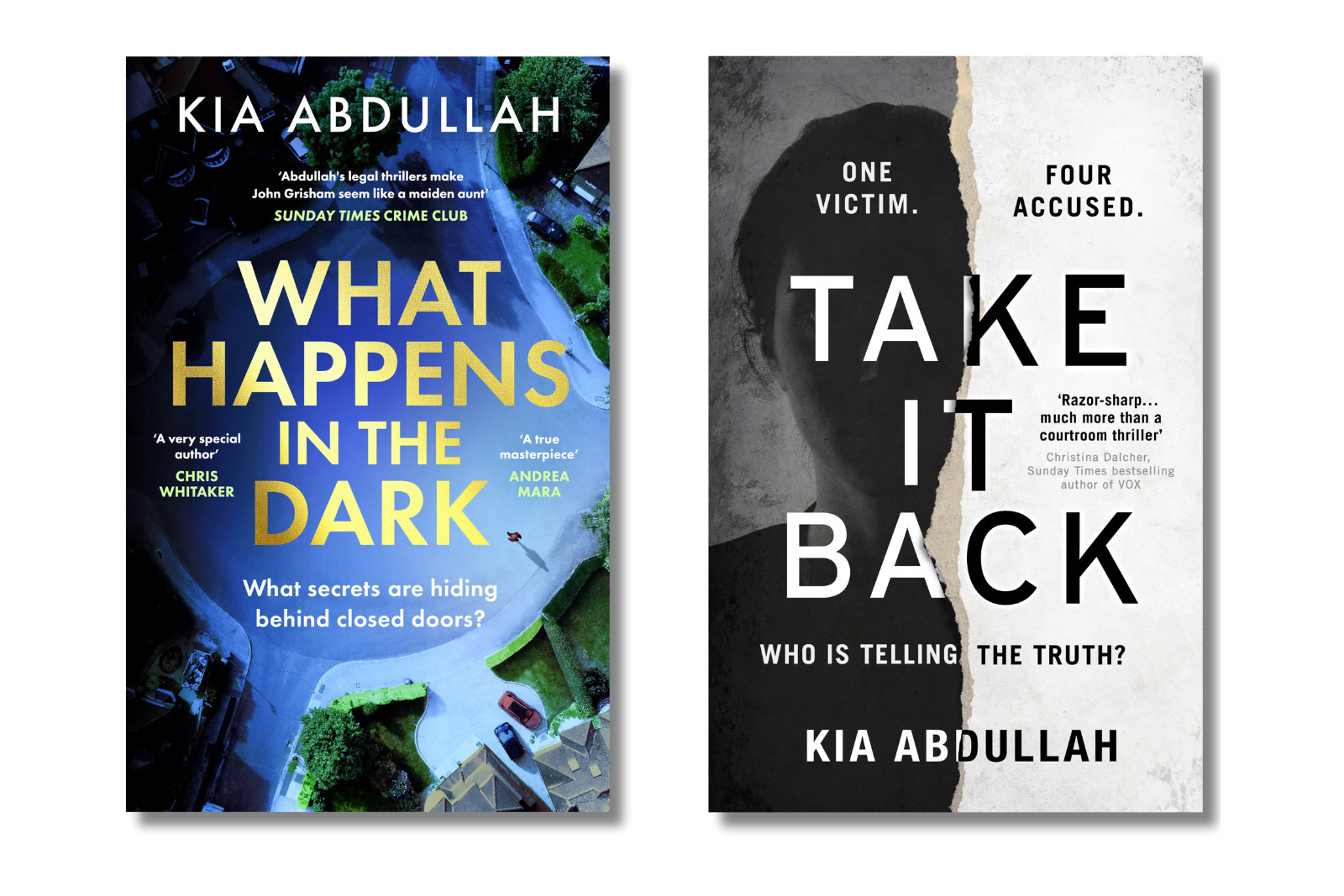
Abdullah’s skill lies in ensuring that her ideas are delicately interwoven into the narrative in a way that doesn’t distract from her trademark fast-paced, drama-filled prose.
“I think crime is actually a great vehicle for social commentary,” she says. “I think literary fiction is often seen as a preserve of big themes like love and death and marriage, but actually, crime fiction can tackle all of those issues in an engaging way that doesn’t alienate the reader.”
Now 43, Abdullah credits a pivotal moment, when she was 11 years old, for laying out her future path.
“My teacher gave me a notebook and a pen as a leaving present because he knew I wanted to be a writer,” she recalls. “He said, ‘On buses and the train, listen out for people’s conversations, and if there’s anything interesting, write it in your notebook to use it in your stories.’ That early vote of confidence was incredible because it made me believe I could be a writer.”
She fondly describes her childhood in London’s East End, one of eight siblings, as “mad but fun.” Then, everything began to change once she hit puberty.
“Suddenly the machinery of culture basically slotted into place,” she says. “My parents became quite conservative and said, ‘You have to stay at home. You can’t go out. You can’t mix with men. You can’t dress a certain way.’ My prevailing emotion was yearning. Yearning for freedom, yearning to see the world, yearning to have an education.”
Those abruptly enforced proscriptions, however, did not prevent Abdullah from gaining a first-class degree in computer science and then working in the tech industry for several years.
Throughout that period in her career, her desire to write never left her. Eventually, she quit her job to take up a position at Asian Woman magazine, where she quickly worked her way up to become its features editor. From there she went on to write for the Guardian, New York Times and a range of other publications.
Around the same time, along with her former partner Peter Watson, she founded the award-winning outdoor travel blog, Atlas & Boots, which chronicles their exploits across 70 countries, including an expedition to Antarctica.
But it’s her novels that have won the most accolades, including the 2022 Diverse Book award for adult fiction, the 2020 JB Priestley award for writers of promise and her debut crime novel, Take It Back, being named as a thriller of the year in 2019 by both the Guardian and Telegraph.
While Abdullah’s books have broad appeal, she remains one of a handful of British South Asian crime writers. With that in mind, she founded Asian Booklist, a non-profit platform that promotes greater diversity in publishing, in 2020.
“I think there is an appetite in publishing and the broader cultural landscape to be more inclusive and have more diverse voices,” she says. “I always say the solution is to just have more writers, so whether you have more Muslim writers, more Bangladeshi writers, more female writers. Then there will be a natural proliferation of stories.
“My main aim is to write an entertaining story, but I do love it when people engage with the deeper themes. If I can do a little bit to change someone’s mind on certain issues or get them to think about how they’ve acted, then I’m really pleased about that.”
The hardback edition of What Happens in the Dark is published by HarperCollins.
 Newsletter
Newsletter

